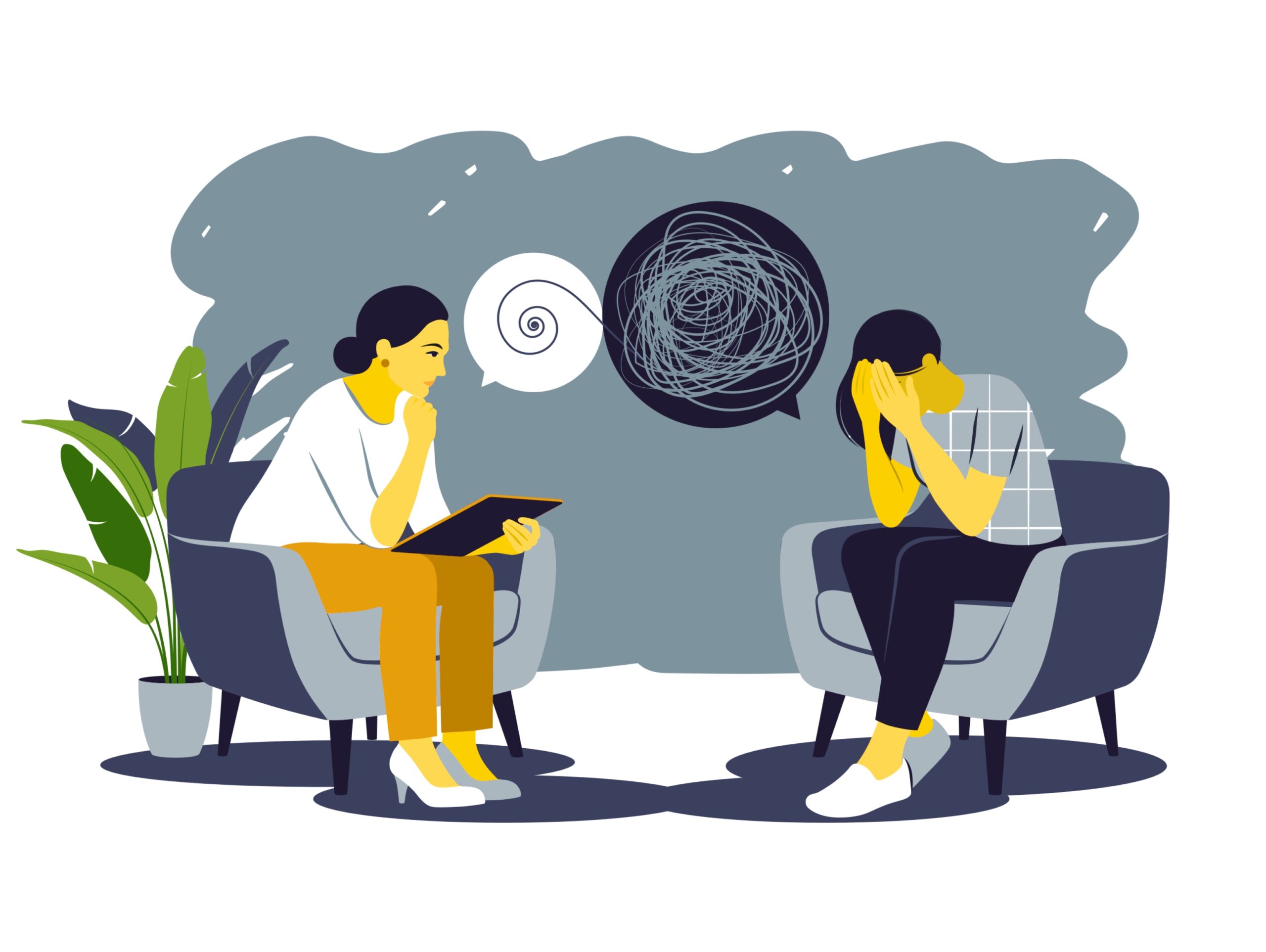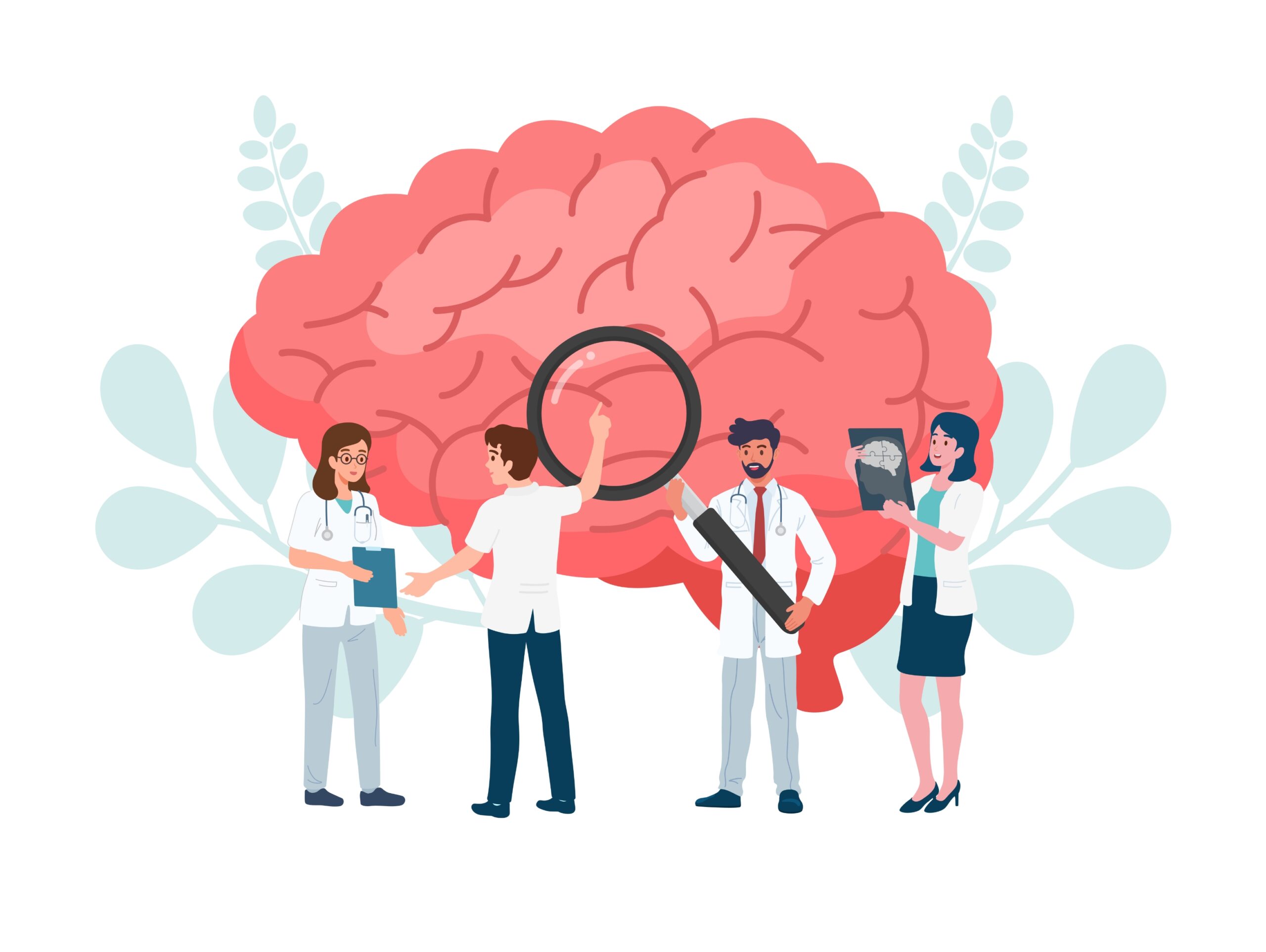What is Individual Psychotherapy?

Who Can Benefit?
Our individual counselling services are designed to support anyone experiencing:
- Anxiety and Stress: Learn to manage overwhelming emotions and cultivate inner peace.
- Depression: Find strategies to overcome feelings of sadness, hopelessness, or low energy.
- Trauma and PTSD: Heal from past experiences and regain control of your life.
- Life Transitions: Navigate major changes like career shifts, relocation, or relationship challenges.
- Self-Esteem Issues: Build confidence and a positive sense of self.
- Relationship Struggles: Address conflicts and strengthen communication skills.
Mental Health Assessments
- Anxiety and stress levels (Hyperlink to anxiety assessments, GAD, DASS -21)
- Symptoms of depression (Hyperlink to PHQ, BDI)
- Emotional triggers and patterns (DERS)
- Overall mental health status (GHQ-12)
Our Approach
We tailor our therapy sessions to meet your unique needs, offering evidence-based techniques such as:
- Cognitive Behavioural Therapy (CBT): Challenge negative thought patterns and develop healthier perspectives.
- Mindfulness-Based Therapy: Cultivate awareness and focus on the present moment to reduce stress.
- Psychodynamic Therapy: Uncover the root causes of your emotions and behaviours.
- Solution-Focused Therapy: Set goals and work on practical steps to achieve them.
- Trauma-Informed Care: Create a safe, empowering environment for healing past wounds.



Why Choose Us?
- Compassionate Therapists: Our licensed professionals are dedicated to providing non-judgmental support and guidance.
- Confidential Environment: Your privacy and comfort are our top priorities.
- Personalized Care: We customize every session to suit your goals and preferences.
- Flexible Scheduling: Offering both in-person and online sessions to fit your lifestyle.
Areas of Focus
we provide effective techniques to manage anxiety and overwhelming feelings. Our therapists work closely with you to identify triggers and develop coping strategies to navigate challenging situations with greater ease.
If you’re experiencing feelings of sadness or struggling with low mood, our therapists are here to help. We offer a supportive environment to explore the underlying causes of depression and work towards fostering a more positive outlook on life.
Stress is an inevitable part of life, but excessive and prolonged stress can take a toll on your well-being. Our therapists focus on effective stress management techniques to help you regain balance and cope with life’s challenges more effectively.
Life transitions can be overwhelming, whether it’s starting college, changing careers, or facing a major life change. Our therapists help you navigate these transitions with resilience and adaptability.
What to Expect
Your journey begins with an initial consultation where we discuss your concerns and goals. Together, we'll create a tailored plan to help you overcome challenges and achieve meaningful growth. Each session typically lasts 50 minutes and is structured to provide insight, coping strategies, and actionable steps.
Take the First Step
You don’t have to face life’s challenges alone. Individual psychotherapy and counselling can empower you to embrace your strengths, build resilience, and achieve greater emotional well-being.
Stories That Inspire
Self-forgiveness can heal you.
-By Michelle Roberts
Amet minim mollit non deserunt ullamco est sit aliqua dolor do amet sint...
Note to self: Be happy and content with what you have.
-By Andrew Zaffina
Amet minim mollit non deserunt ullamco est sit aliqua dolor do amet sint...
If you want to heal your heart's wounds, strat healing your thoughts.
-By Alexandra Vasiliu
Amet minim mollit non deserunt ullamco est sit aliqua dolor do amet sint...


Ready to Begin?
Contact us today to schedule your first session and take the first step toward a healthier, more fulfilling life.
Generally Asked Questions.
How long does a therapy session typically last?
A therapy session typically lasts around 50 minutes. However, session duration may vary based on the therapist’s approach and the specific needs of the client.
How often should I attend therapy sessions?
The frequency of therapy sessions depends on individual needs and circumstances. In the beginning, weekly sessions are common, but as progress is made, sessions may be spaced out to bi-weekly or monthly.
How many therapy sessions will I need?
The number of therapy sessions required varies for each individual. It depends on factors such as the nature of the concerns, goals set, and the progress made. Therapy can be short-term (few sessions) or long-term (several months or more).
Is therapy confidential?
Yes, therapy is confidential. Therapists are bound by professional ethics and legal obligations to maintain client confidentiality, except in specific situations where there is a risk of harm to the client or others.
What happens in a therapy session?
In a therapy session, clients have the opportunity to discuss their concerns, thoughts, and emotions in a non-judgmental and supportive environment. The therapist may provide guidance, techniques, and exercises to facilitate personal growth and problem-solving.
How can therapy help with specific mental health conditions?
Therapy can help individuals with mental health conditions by providing coping strategies, emotional support, and tools to manage symptoms. Therapists work collaboratively with clients to develop personalized treatment plans based on evidence-based practices.
Can therapy be combined with medication?
Yes, therapy can be combined with medication. Therapists often collaborate with psychiatrists or healthcare providers to provide comprehensive treatment that may include therapy alongside appropriate medication if necessary.
What should I do if I feel uncomfortable during therapy?
If you feel uncomfortable during therapy, it’s important to discuss it openly with your therapist. They can help address any concerns, modify the therapeutic approach if needed, or explore alternative options to ensure your comfort and progress.
How do I schedule an appointment?
First, you will have to select your therapist of choice. Then, to schedule an appointment, select your suitable slot and proceed with the payment. You will receive a confirmation message from the team following the same.




